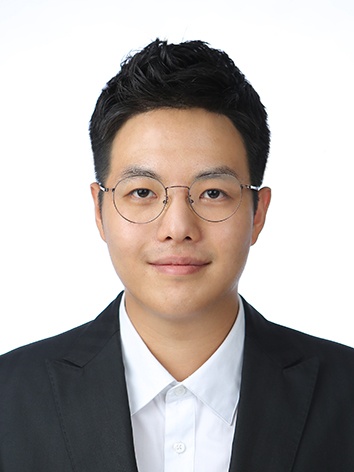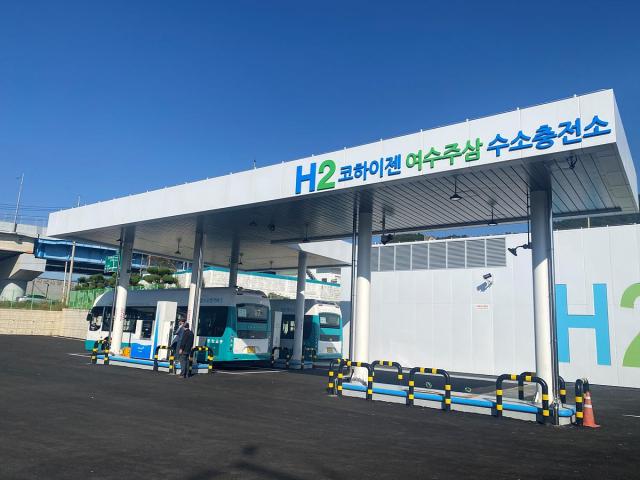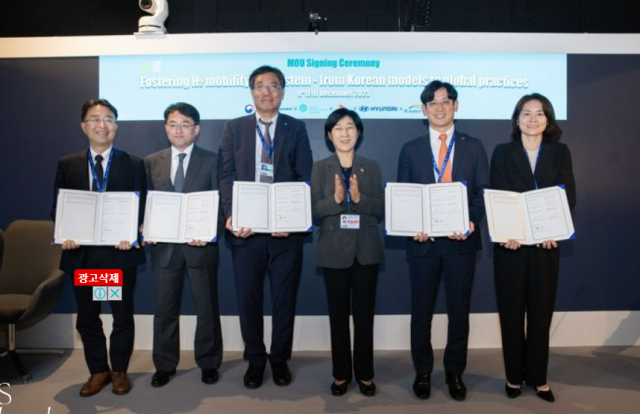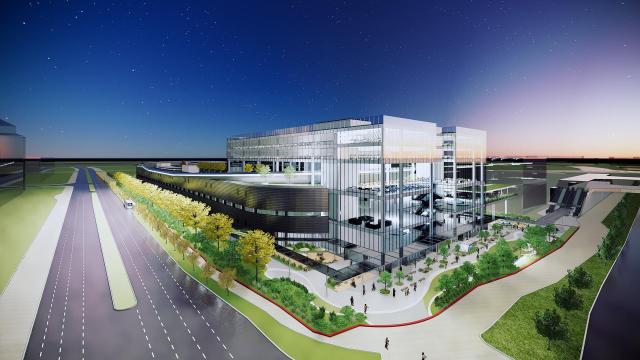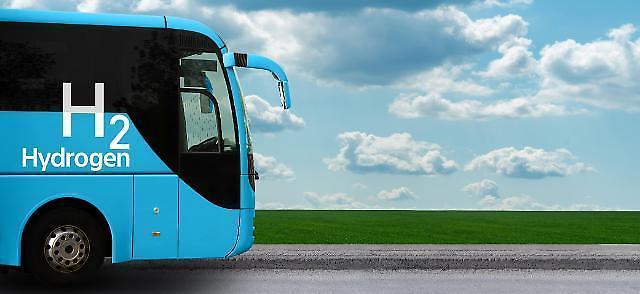
[Gettyimages Bank]
Yoon, who scored a narrow victory in presidential voting on March 9, has criticized President Moon Jae-in's "nuclear-exit" policy of phasing out nuclear power plants and decreasing the number of nuclear power plants from 24 to 14 in 2038, saying it is "a disaster caused by the ignorance" of Moon's administration.
"Among what the current government is pushing, we will continue to manage the tasks that need to be continued, and boldly push for change and reform in areas that need to make new changes," the president-elect said in his news conference on March 10. Yoon's camp suggests that nuclear power generation should be used as a base power source as South Korea relies on foreign countries for more than 90 percent of energy supply and demand.
Yoon has urged South Korea to place importance on data science, artificial intelligence, computer science and bio industries, while Moon has presented a "hydrogen economy" to use fuel cells in the production of automobiles and electricity. Fuel cells produce electricity through a thermochemical reaction between hydrogen and oxygen. The auto group has touted hydrogen fuel as an alternative to solve global problems such as pollution and resource depletion.
Hyundai Motor remained unwavering in its push to make active investments in hydrogen. "We will build a sales platform in our main markets including South Korea, Europe and North America, focusing on commercial vehicles," Hyundai Motor CEO Chang Jae-hoon said at a shareholders' meeting on March 24. "We will also be at the head of establishing a hydrogen ecosystem by securing core capabilities for the hydrogen industry and through partnerships."
The auto group signed a business agreement in Pyeongtaek, about 60 kilometers (37 miles) south of Seoul, to distribute a total of 850 hydrogen trucks and buses by 2030 and set up a special zone for hydrogen mobility in cooperation with SK E&S, an energy company affiliated with South Korea's third-largest SK Group, and Korea Gas Technology Corporation, which will build hydrogen charging stations.
"We will preemptively expand and distribute hydrogen commercial vehicles to Pyeongtaek, a special hydrogen mobility zone, to lay the foundation for creating a hydrogen ecosystem in Korea," a Hyundai official said.
The automaker has strived to establish hydrogen fuel cell value chains with local partners by introducing diverse hydrogen fuel cell commercial vehicles. Hyundai's fuel cell electric buses have been deployed to a downtown route in Vienna for commercial operation. In July 2021, Hyundai gained support from funding agencies based in California and other local communities to demonstrate "Class 8 XCIENT Fuel Cell" with a maximum driving range of about 800 kilometers (497 miles).
South Korea has accelerated the adoption of hydrogen-electric city buses since the first one was put into test operation in October 2018 in the southeastern port city of Ulsan as part of a government campaign to improve public perception about the safety and efficiency of the clean-energy vehicle. When driven at a constant speed, Hyundai's fuel cell electric bus can travel up to 550 km with a single recharge.

